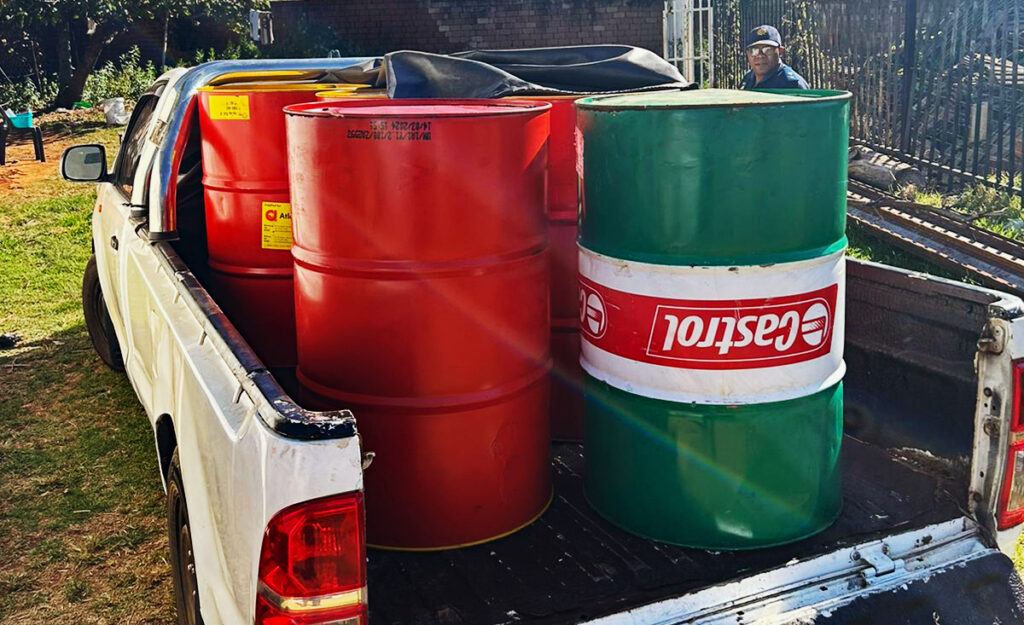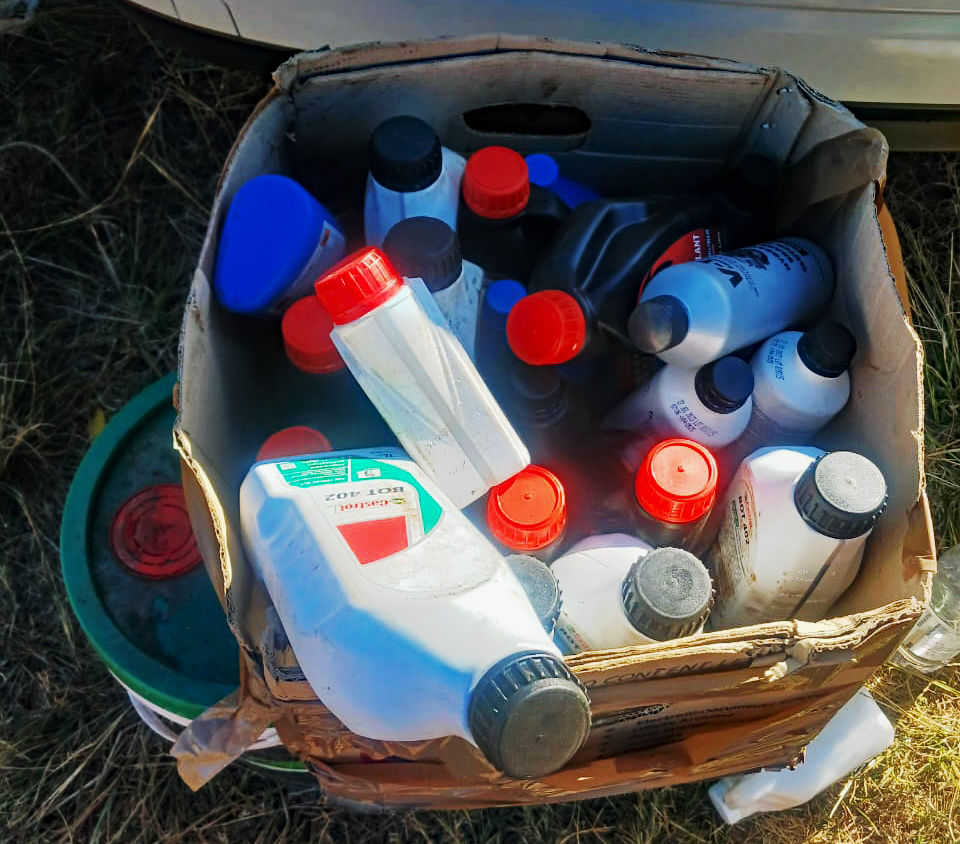
In May this year, the South African Police Service (SAPS) announced it tracked down and seized a 3,000-litre consignment of counterfeit petroleum oil products with an estimated value of R225,000 on the outskirts of Centurion, Gauteng.
Four Zimbabwean nationals were arrested for the crime and later handed relatively lenient sentences.
According to legal firm Adams & Adams, one of the accused was sentenced to a fine of R67,000 or three years direct imprisonment, wholly suspended for five years on condition they are not found guilty of the same offence during the period of suspension.
A second accused was sentenced to a fine of R3,000, or alternatively, three years direct imprisonment.
An order was also made that the seized counterfeit goods be delivered to the intellectual property owner.
But a slap on the wrist
Associate attorney at Adams & Adams, Hashiem Logday, labelled the sentencing as comparable to a slap on the wrist for a crime that is far more serious than it seems.
The Counterfeit Goods Act No. 37 of 1997 (CGA) criminalises the practice of selling, offering for sale, manufacturing, distributing, and importing counterfeit products.
Counterfeiting refers to protected goods that are imitated to such a degree that they are substantially identical copies of the originals or colourable imitations thereof, so that they are calculated to be confused with or be taken as being the protected goods.
As dealing in counterfeit goods is a criminal offence in South Africa, the CGA prescribes the following penalties:
- First conviction – Punishable with a fine, in respect of each article or item involved in the particular act of dealing in counterfeit goods to which the offence relates that may not exceed R5,000 per article or item, or with imprisonment for a period not exceeding 3 years, or with both fine and such term of imprisonment
- Second or subsequent convictions – Fine not exceeding R10,000 per article or item and/or imprisonment not exceeding 5 years
“At first glance, the penalties provided for appear to be adequate and indicative of an aggressive approach towards offenders dealing in counterfeit goods,” said Logday.
Hypothetically speaking, a fine of R500,000 could be imposed on a first-time offender found in possession of 100 counterfeit T-shirts.
“In practice, however, the reality is far from this when sentences are imposed,” said Logday.
“From looking at past cases, the courts have adopted a more lenient approach when it comes to sentencing accused persons in cases dealing with contraventions of the CGA.”
Referring to how lax the sentences were, Logday suggested that a R3,000 fine does not correspond with the severity of the crime, which is a recurring theme in counterfeit goods cases.
This could very well motivate other criminals to follow suit as they know they will be able to get off virtually scott-free.
“Unfortunately, the inference drawn from these lenient sentences may be that counterfeiting is viewed as a ‘victimless’ crime and merely a case of big multinational corporation losing out on profits,” said Logday.
“However, if closer attention is paid to the nature of counterfeit goods being seized by the authorities including counterfeit sanitary pads, counterfeit engine oil, and consumable products, it becomes more evident that the dealing in counterfeit goods could also affect our safety and wellbeing directly. We are the unsuspecting victims.”









